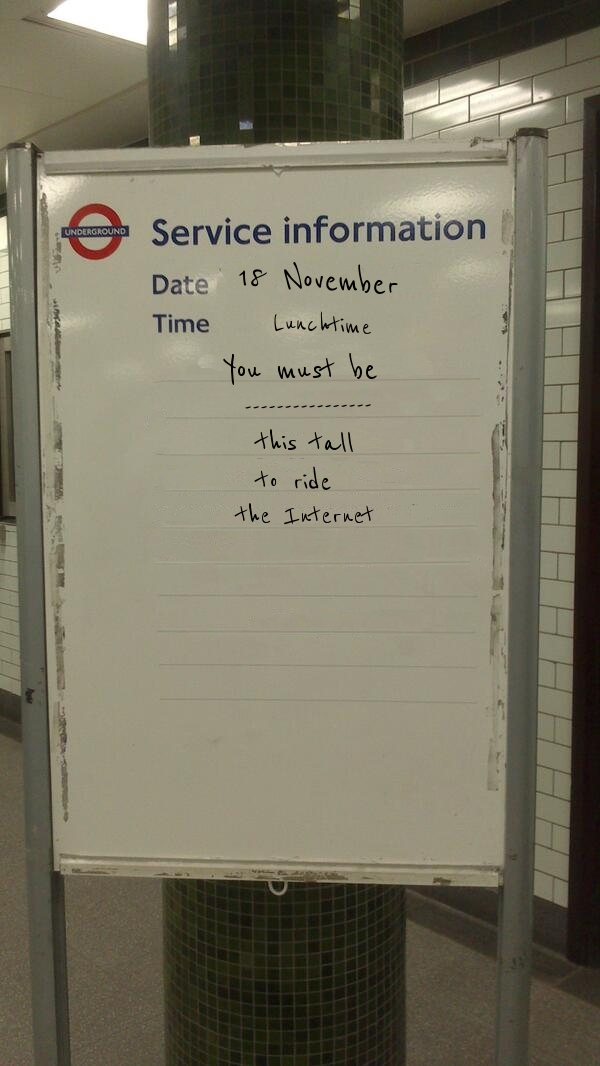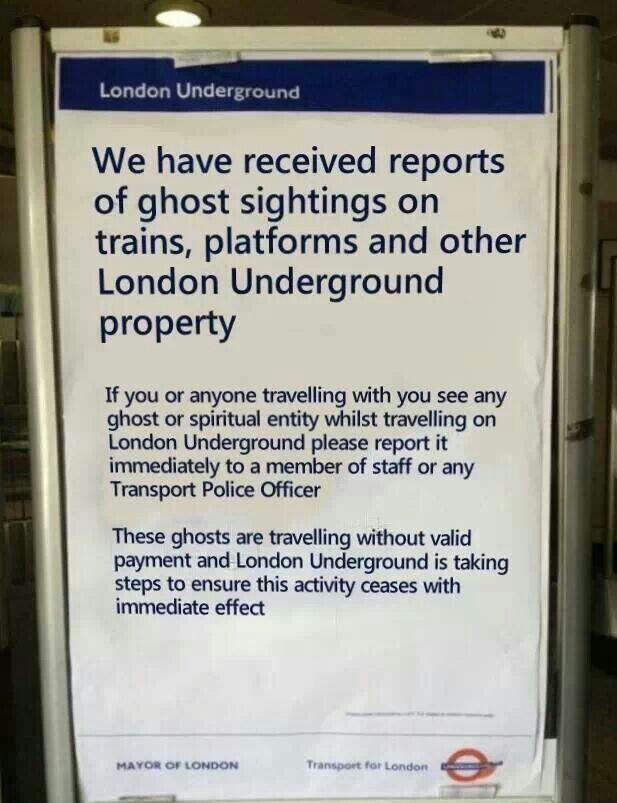Originally posted by OwlHoot
View Post
- Visitors can check out the Forum FAQ by clicking this link. You have to register before you can post: click the REGISTER link above to proceed. To start viewing messages, select the forum that you want to visit from the selection below. View our Forum Privacy Policy.
- Want to receive the latest contracting news and advice straight to your inbox? Sign up to the ContractorUK newsletter here. Every sign up will also be entered into a draw to WIN £100 Amazon vouchers!
Collapse
You are not logged in or you do not have permission to access this page. This could be due to one of several reasons:
- You are not logged in. If you are already registered, fill in the form below to log in, or follow the "Sign Up" link to register a new account.
- You may not have sufficient privileges to access this page. Are you trying to edit someone else's post, access administrative features or some other privileged system?
- If you are trying to post, the administrator may have disabled your account, or it may be awaiting activation.
Logging in...
Previously on "Monday Links from the Barnyard vol. CCIII"
Collapse
-
Surely the point of post scarcity economics is that allocating these things ceases to be and issue e.g. once we start to colonise other planets land and dwelling space will be plentiful. In fact, one could argue it already is, it's largely the need to have work and travel to it that creates pressure on these things in urban environments.
-
This is a fascinating question. Each of the two or three times I've mentioned it on here in the past, there has been literally no response, at least to the very similar question with "scarcity" replaced by "demand", i.e. how will society reward merit and allocate limited resources such as land and dwelling space and breeding entitlement when there is no practical way for anyone to provide any type of service better than machines?Originally posted by NickFitz View PostThe Economics of Star Trek: The Proto-Post Scarcity Economy - Rick Webb considers the Star Trek universe as a model for the post-scarcity economy, in which work is not needed but instead chosen: "The key here, to me, is to start thinking about how economics would work when we decouple labor from reward. Does that make a system inherently communist? I don’t think it does. People work. They get paid. It is market driven, and not centrally planned. In reality,the market already basically dictates this, for who can claim that a Wall Street banker works more than a teacher? The only thing we really need to do is take this to a logical extreme: that people can still get paid doing zero work." ...
It's as if people either don't want to think about it, or maybe they aren't interested in speculation about the future, or they think the premise is nonsense (which if so seems rather stupid and unimaginative).
Maybe one answer is lotteries, where the lucky winners get to live in a castle or tropical island for a year. But then what will they pay for the tickets with? Or perhaps there will be some Facebook-like rep system where people can score brownie points or otherwise by the recommendations of others. Or maybe the population will decline so much over time that anyone can get to live pretty much how they like.
Admittedly a lot of possible scenarios have been covered one way or another by SF books and films. But many of these don't even try to highlight the implications of what will be in effect 100% unemployment.
Leave a comment:
-
There are lots of pictures too. They visit all sorts of disused sites, including old RAF command centres, nuclear bumb storage facilities, disused underground stations and so on. I don't know why I find it interesting but I can waste whole afternoons looking through that site.Originally posted by zeitghostThere's a lot of words on it.
Home - Subterranea Britannica
Leave a comment:
-
Sub Brit is quite an addictive site.Originally posted by NickFitz View PostLovely, drizzly day out here in the countryside
[LIST][*]Struggle for Survival - "The 1955 Defence White Paper said that a future war would result in a “struggle for survival of the grimmest kind”. This book examines the way in which the government in Britain prepared for that struggle during the Cold War and the work done, often in complete secrecy by the civil and home defence planners at all levels." Chapter 1 is "The Death of Bristol"; it kind of goes downhill from there.
Leave a comment:
-
Some smartarse has been using this to make spoof "all lines are running a good service" signs and leaving them outside tube stations.Originally posted by NickFitz View Post[*]Tube Service Information Sign Maker - "Unofficial London Underground style passenger information signs." a handy little tool for making your own joke Tube signs, such as:
[/LIST]
Leave a comment:
-
Monday Links from the Barnyard vol. CCIII
Lovely, drizzly day out here in the countryside
- Struggle for Survival - "The 1955 Defence White Paper said that a future war would result in a “struggle for survival of the grimmest kind”. This book examines the way in which the government in Britain prepared for that struggle during the Cold War and the work done, often in complete secrecy by the civil and home defence planners at all levels." Chapter 1 is "The Death of Bristol"; it kind of goes downhill from there.
- The Economics of Infomercials - "Nothing good is on TV between 1 a.m. and 6 a.m., and for good reason. Nobody’s trying... The Graveyard Slot is an inverse inflection point in the profit curves of two very different businesses." Thorough examination of the economics of late-night marketing programmes.
- Shot, Stabbed, Hanged - A selection of interesting fact lets relating to death, e.g.: "C. S. Lewis was sixty-four, John F. Kennedy forty-six, and Aldous Huxley sixty-nine at the times of their deaths—all within an eight-hour span on November 22, 1963."
- Peer Review & Changing a Lightbulb: a Historian's View - "Q: How many historians does it take to change a light bulb? A (by Dr. L): There is a great deal of debate on this issue. Up until the mid-20th century, the accepted answer was ‘one’: and this Whiggish narrative underpinned a number of works that celebrated electrification and the march of progress in light-bulb changing." How historians might approach the standard joke.
- Know your type: Gill Sans - "The history of Gill Sans stems from Edward Johnston’s iconic typeface, Johnston Sans, designed for the London Underground in 1913." A detailed look at one of the most popular typefaces of the 20th century.
- ‘These Jokes Are Too Witty, Too Good’: 40 Network Notes That Illustrate How Dumb TV Executives Are - A selection of tweets from @TvNetworkNotes.
- Who is Responsible for the Pain-Pill Epidemic? - "...my time in medical school had coincided with a boom in the prescribing of narcotics by outpatient doctors, driven partly by the pharmaceutical companies that sold those drugs. Between 1999 and 2010, sales of these “opioid analgesics”—medications like Vicodin, Percocet, and OxyContin—quadrupled."
- Nails as clues to age - Everything you need to know about nails in putatively-antique furniture: "...this article will also discuss how to examine nail holes, rust left by nails plus where, how and why specific types and shapes of nails were used."
- The Economics of Star Trek: The Proto-Post Scarcity Economy - Rick Webb considers the Star Trek universe as a model for the post-scarcity economy, in which work is not needed but instead chosen: "The key here, to me, is to start thinking about how economics would work when we decouple labor from reward. Does that make a system inherently communist? I don’t think it does. People work. They get paid. It is market driven, and not centrally planned. In reality,the market already basically dictates this, for who can claim that a Wall Street banker works more than a teacher? The only thing we really need to do is take this to a logical extreme: that people can still get paid doing zero work."
- Tube Service Information Sign Maker - "Unofficial London Underground style passenger information signs." a handy little tool for making your own joke Tube signs, such as:

Happy invoicing!
- Struggle for Survival - "The 1955 Defence White Paper said that a future war would result in a “struggle for survival of the grimmest kind”. This book examines the way in which the government in Britain prepared for that struggle during the Cold War and the work done, often in complete secrecy by the civil and home defence planners at all levels." Chapter 1 is "The Death of Bristol"; it kind of goes downhill from there.
Partners
- Home
- News & Features
- First Timers
- IR35 / S660 / BN66
- Employee Benefit Trusts
- Agency Workers Regulations
- MSC Legislation
- Limited Companies
- Dividends
- Umbrella Company
- VAT / Flat Rate VAT
- Job News & Guides
- Money News & Guides
- Guide to Contracts
- Successful Contracting
- Contracting Overseas
- Contractor Calculators
- MVL
- Contractor Expenses
Advertisers
Contractor Services
CUK News
- Labour’s plan to regulate umbrella companies: a closer look Nov 21 09:24
- When HMRC misses an FTT deadline but still wins another CJRS case Nov 20 09:20
- How 15% employer NICs will sting the umbrella company market Nov 19 09:16
- Contracting Awards 2024 hails 19 firms as best of the best Nov 18 09:13
- How to answer at interview, ‘What’s your greatest weakness?’ Nov 14 09:59
- Business Asset Disposal Relief changes in April 2025: Q&A Nov 13 09:37
- How debt transfer rules will hit umbrella companies in 2026 Nov 12 09:28
- IT contractor demand floundering despite Autumn Budget 2024 Nov 11 09:30
- An IR35 bill of £19m for National Resources Wales may be just the tip of its iceberg Nov 7 09:20
- Micro-entity accounts: Overview, and how to file with HMRC Nov 6 09:27







Leave a comment: